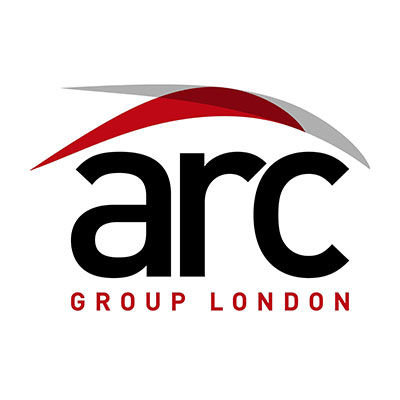
Real Estate Graduate Schemes
From smart cities to working on sustainable living, the real estate industry is booming. A real estate graduate job is your chance to build your knowledge in the industry whilst gaining work experience and a professional qualification.
Whether you dream of designing London’s skyline or planning new residential developments, read on to discover everything you need to know about real estate graduate schemes.

What is a real estate graduate scheme?
As a graduate, you spend two to four years getting to grips with the real estate industry through hands-on experience with a company. Think of it as your crash course to the working world. Graduate schemes are amazing because you’ll:
Get involved with real projects that’ll contribute to the business
Build industry contacts as you work with colleagues, clients, customers and developers
Learn from mentors who’ll guide you throughout your scheme
Develop specialist skills that employers love.
While many graduate schemes last two to four years as aforementioned, there are many employers who offer permanent positions instead. These are just general graduate jobs, rather than schemes.
Grad schemes are also super diverse, so there’s lots to learn. Let’s explore.
What types of real estate grad schemes can I do?
You have so much choice. Depending on the type of scheme you choose, you’ll either spend your full scheme specialising in one particular sector of property or you’ll rotate between sectors, giving you a 360 look into the industry.
Here are some of the schemes you can choose from:
RURAL
You'll manage farms, forests, and countryside estates, balancing sustainable land use with supporting rural communities.
COMMERCIAL REAL ESTATE
You'll become a property all-rounder by matching businesses with their perfect spaces and managing property portfolios.
PLANNING & DEVELOPMENT
You'll turn exciting ideas into real places, guiding projects from start to finish that’ll transform neighborhoods.
SURVEYING
Got an eye for detail? You'll become a building expert, spotting important issues and ensuring properties are safe, valuable, and high-quality.
PROJECT MANAGEMENT
You'll work with a variety of people and resources to keep exciting projects on track and on time.
VALUATION
Good with numbers? You'll use your analytical skills to determine property values and help clients make smart decisions.
If you’ve got your heart set on becoming a chartered surveyor, you’ll do that through the Royal Institution of Chartered Surveyors (RICS). This involves completing an Assessment of Professional Competence (APC), which shows that you meet the industry standard.
This globally-recognised qualification doesn't just look good on your CV, it’ll open doors to better job opportunities and higher salaries. Plus, as a RICS member, you'll get a truckload of benefits including mentorship and resources.
Which companies offer real estate graduate jobs?
Whether it’s a global agency or your local estate agent, there are world-class real estate graduate jobs offered by companies all over the UK. Here are some the top property employers you could work for:
Here’s what this graduate surveyor thought about their time at CBRE:

“I have developed my excel skills substantially and I have also improved on my analytical, presentation and people skills. I have thoroughly enjoyed the graduate scheme, the number and range of people you can meet at the company is unrivalled and you are really encouraged to get involved in any events or initiatives available.” Graduate Surveyor, CBRE Group
How much do property graduates earn?
Starting out as a graduate, you can expect between £20,000 and £30,000 per year, with London-based roles offering around £3,000 to £5,000 more. Some schemes include a joining bonus of up to £2,000, performance bonuses and benefits from day one.
Your potential earnings will grow massively once you’re fully qualified. Chartered surveyors could earn over £70,000 per year and more as you gain experience. Looking to get into planning and development? You could potentially earn around £55,000 per year.
What are the entry requirements for a real estate grad scheme?
These totally depend on the scheme you do. Employers will usually ask for:
A 2:1 (or 2:2 depending on the degree you did)
On top of that, employers are also looking for graduates who are passionate about the property industry and have soft skills, such as attention to detail and communication.
If you’re looking to get on a chartered surveyor grad scheme, you’ll need:
A 2:1 in a RICS-accredited degree
Don't have a RICS-accredited degree? No problem, many employers will enroll you onto a RICS accredited postgrad course or a degree apprenticeship. Always read the entry requirements to check, as this can depend on the company and scheme.
How do I apply?
Real estate graduate schemes are super competitive, but that’s zero reason to panic. Employers start recruiting in September for schemes beginning after graduation, so you'll need to apply during your final year. You have plenty of time to get organised.
Once you’ve found a scheme that fits your vibe, put together a CV that shows off your skills and any experience you've picked up along the way. This could be part-time jobs, volunteering, or even university projects. Most companies use online applications now rather than cover letters, but always double-check the job description.
Invited to an assessment day? Well done! Don’t worry, what happens during the day will usually be outlined by the employer. You can expect group tasks, presentations and a final interview. You can find more tips in our interview tips area.
Ready to apply? Find a real estate grad job right here right now.

























